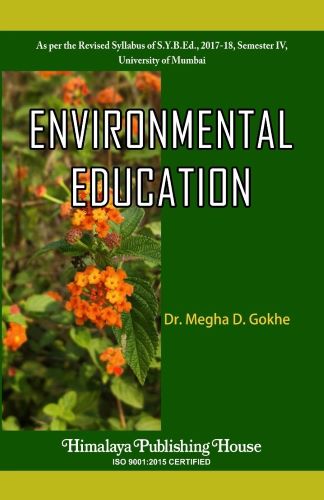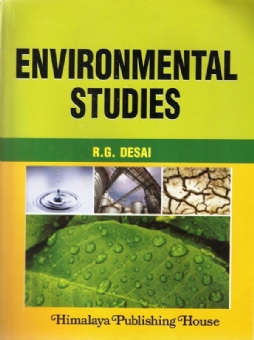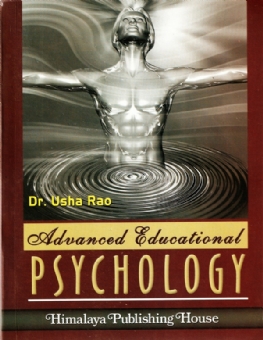Teaching, training, and instruction are the three main developmental processes that make up education. It combines science and art. Modern education has a broad and extensive field of study, but it is not in a sphere. The majority of the world’s population is currently dealing with various issues related to nature, and they are researching answers to these issues and other worldwide issues. On the other hand, we still do not attempt to comprehend our local issues with nature. Therefore, the higher education commission has recommended adding environmental science to the curriculum at all levels in order to raise awareness of the issues with pollution and the natural world. In Indian colleges and universities, environmental science is often referred to as environmental studies. Previously, it was considered a branch of science, but today it is a very popular subject, and the higher education commission has recommended include a general paper on it in all courses. Environmental science awareness is increasingly being discussed on a global scale. People all across the world are becoming aware of its significance as they can already smell a polluted tomorrow. Careful management of the environment today would only leave a legacy for future generations. As a result, we must exercise caution when fully utilising our resources. We need to have some understanding of how our environment functions in order to ensure sustainable development. The conditions that surround an organism or the range of socio-cultural factors that have an impact on an individual are referred to as the environment. The systematic, scientific study of the environment in relation to living things is known as environmental science. The majority of universities have started teaching this new material as part of their environmental science courses or their B.Ed. environmental studies/science courses. The content of some print and non-print media was included into the writing of the current book. This book is now specifically designed for changed curricular for, B.T.C B.Ed, and M.Ed. programs at Indian and Foreign Universities, training institutions, and colleges of education accredited by the National Council of Teacher Education, New Delhi.
Contents –
Module – I: Fundamentals of Environmental Education
Unit 1 Concept of Environment, Ecosystem and Ecology
Unit 2 Major Environmental Issues: Meaning, Causes, Effects and Remedies
Unit 3 Development of Environmental Education
Module – II: Environmental Education for Sustainable Development
Unit 4 Initiatives for Environment Assessment
Unit 5 Sustainable Environmental Management
Unit 6 Environmental Initiatives, Projects and Laws
Questions Banks
Model Question Papers







